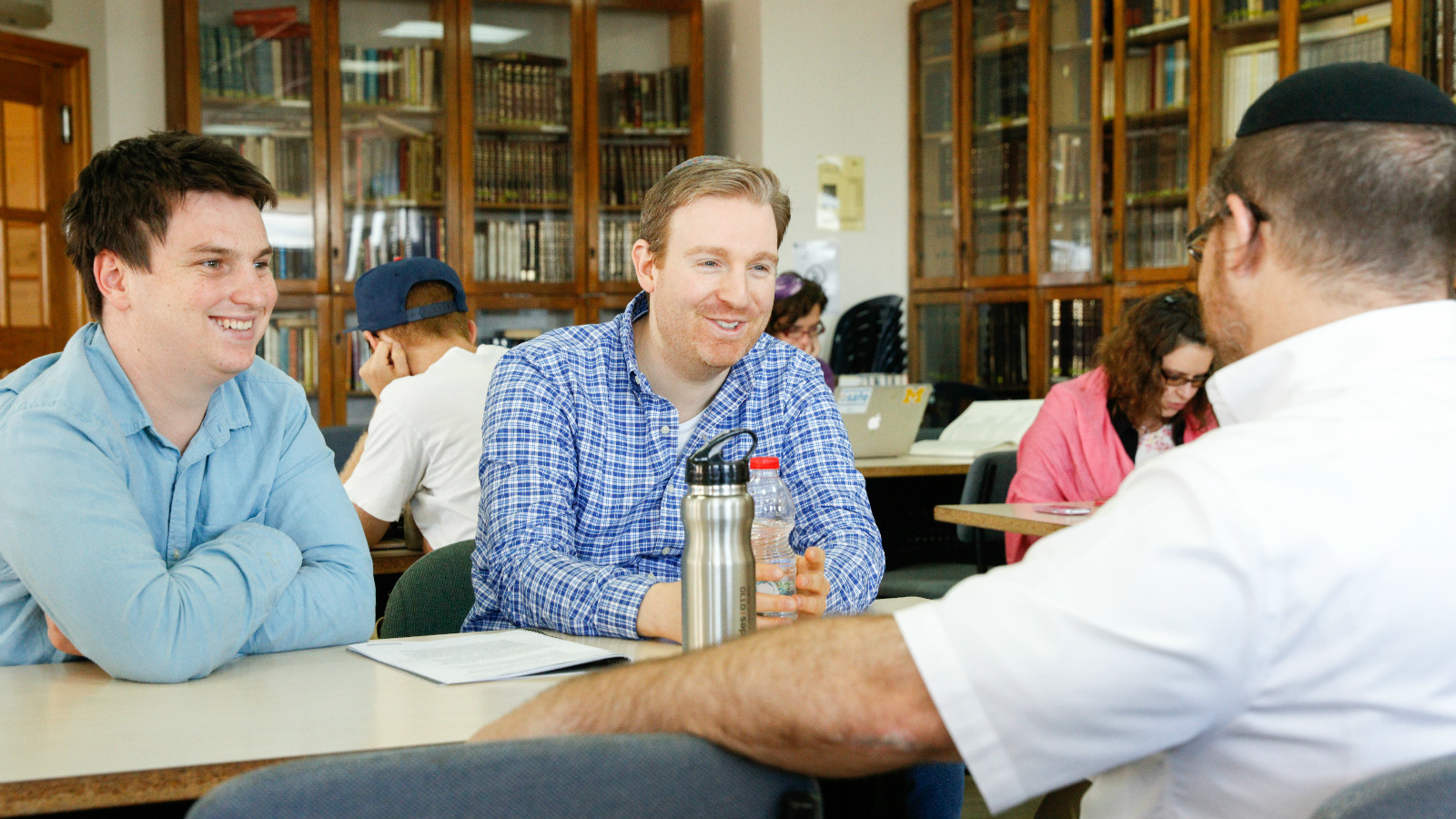Commentary on Parashat Miketz, Genesis 41:1-44:17; Numbers 28:9-15, 7:42-47
Pharaoh has endured a night of terrible dreams. To make matters worse, neither he nor any of his ministers understood what the dreams were about. The only person able to interpret those dreams is a Hebrew prisoner in an Egyptian jail. That person is Joseph.
Seven Years & Seven Years
After hearing the dreams described, Joseph announced that Egypt would enjoy seven years of plenty, followed by seven years of universal famine. In advance, Joseph argues that Pharaoh should appoint someone “navon ve-hakham,” discerning and sage, who will store enough food to ensure the survival of the population.
Why did Joseph use both words, discerning and sage? Wouldn’t either one have sufficed to describe what type of person was needed? Our traditions regard each word of the as necessary. Any apparent redundancy must be there to teach a specific lesson. Each of these words, our Rabbis taught, refers to two different kinds of knowledge.
Rabbi Moses ben Nahman, the Ramban (13th Century Spain) comments that the two types of knowledge apply in different spheres of learning. “Discerning” refers to knowing “how to support the people of Egypt from his hand with bread” and “how to accumulate wealth and money for Pharaoh.”

Help us keep Jewish knowledge accessible to millions of people around the world.
Your donation to My Jewish Learning fuels endless journeys of Jewish discovery. With your help, My Jewish Learning can continue to provide nonstop opportunities for learning, connection and growth.
In other words, the first category of knowledge pertains to social policy. A government official must understand how to develop programs that will actually accomplish their stated goals (without bankrupting the government in the process). Discerning, in this case, reflects the ability to match goals with the appropriate means of achieving those goals.
Good intentions are not enough; nor are mere pronouncements. A vision of how to relate policy with purpose is the key qualification for any level of leadership.
The second category — “sage” — refers to knowledge of “how to preserve the produce so that it should not rot.” According to this standard, the prospective bureaucrat had to know more than just how to govern. He also had to have an expertise in his field–in this case, how to store the grain for seven years without any loss of grain during the intervening years.
More Than Power
To lead a people, one must know about more than simply power. The realities of human life — the concerns that fill their daily schedules and plague their nights–these must be familiar to anyone who would represent a community and seek to direct their affairs.
A broader approach to these categories builds upon the understanding of the Ramban. The first category applies to human learning and human structures, and the second category applies to natural phenomena and properties. To be considered “discerning and sage” requires education in the humanities and the social sciences, and in the natural sciences as well. A fully educated human being must know not only about ourselves and our communities, but also about the world around us.
A third understanding is possible as well. Perhaps the two categories refer to the importance of both Jewish and gentile learning. Many Jews today know the writings of Shakespeare, Freud and Hawkings, but are unfamiliar with the works of Yehudah Ha-Levi, Moses Maimonides and Abraham Joshua Heschel.
That form of illiteracy — ignorance of Jewish thought and religion — limits us to an impoverished and anemic relationship to Judaism. Similarly, to know only Jewish sources — Torah, Talmud and Midrash — represents no less a shortcoming than not knowing them at all.
In the words of the itself, if you only have Torah, then you don’t even have Torah. Learning–both Jewish and general, both about natural reality and about human society and personality–is an essential ingredient in becoming fully human, in becoming discerning and sage.
Provided by the Ziegler School of Rabbinic Studies, which ordains Conservative rabbis at the American Jewish University.



